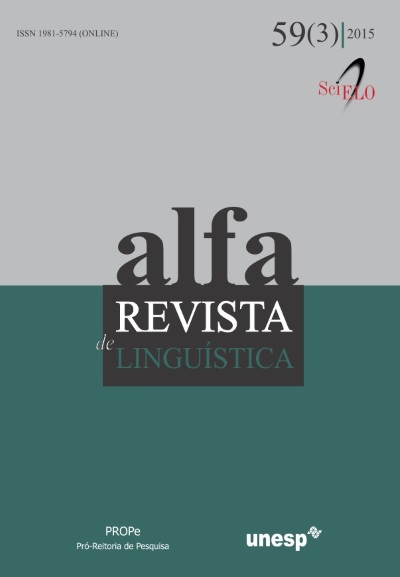Argumentative analysis of an acórdão: institutional framework, doxa and social representations in a judicial genre
DOI:
https://doi.org/10.1590/1981-5794-1509-3Keywords:
Discourse analysis, Legal discourse, Argumentation, Doxa, Social representations,Abstract
In this paper, we propose an analysis of a Sentence produced inside a lawsuit filed by prosecutors against a woman accused of committing the crime of self-induced abortion. For the analysis proposed, we based on Olbretchs-Tyteca and Perelman (1996) and their argumentative categories developed in the New Rhetoric, and Amossy (2006), who studies argumentative discourse. We aimed to understand the object of research in its argumentative structure, trying to identify and correlate aspects of the institutional framework that shapes the practice of argumentation in this utterance, the input channels of doxa elements, manifestations of discursive heterogeneity, the presence of social representations, the construction and circulation of images in the discourse and processes of stereotyping. We concluded that gender Sentence is subject to a framework of strong generic constraints and institutional modeling and determines speaking conditions. We still concluded that Sentence is a genre composed by voices from the legal field (the standard speech, science of law speech and discourses produced in other courts), and doxa elements circulating in the social environment. Therefore, there is not neutrality of judging instances because members of the judiciary are also subject to the shared beliefs, to received ideas, stereotypes circulating, like any other subject living in a society at a certain historical moment.
Downloads
Downloads
Published
How to Cite
Issue
Section
License
Manuscripts accepted for publication and published are property of Alfa: Revista de Linguística. It is forbidden the full or partial submission of the manuscript to any other journal. Authors are solely responsible for the article's content. Translation into another language without written permission from the Editor advised by the Editorial Board is prohibited.

